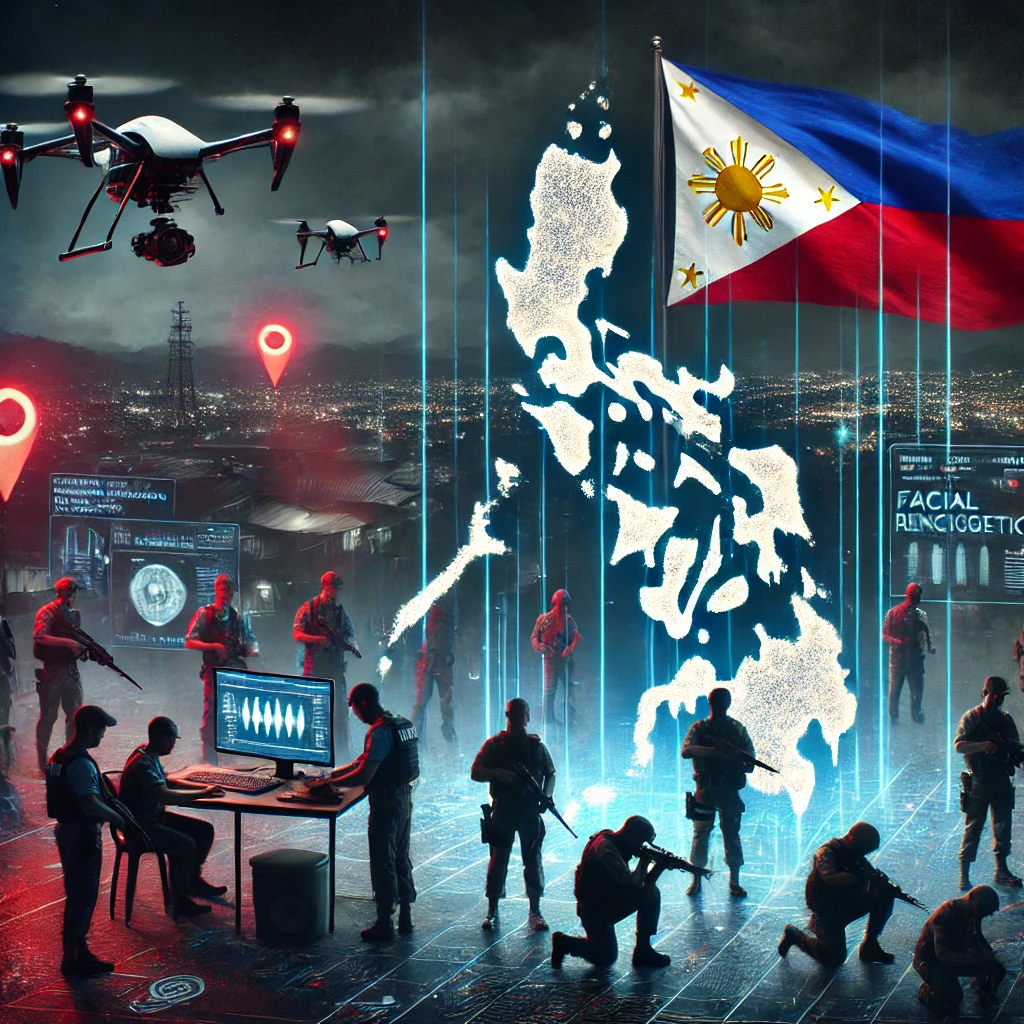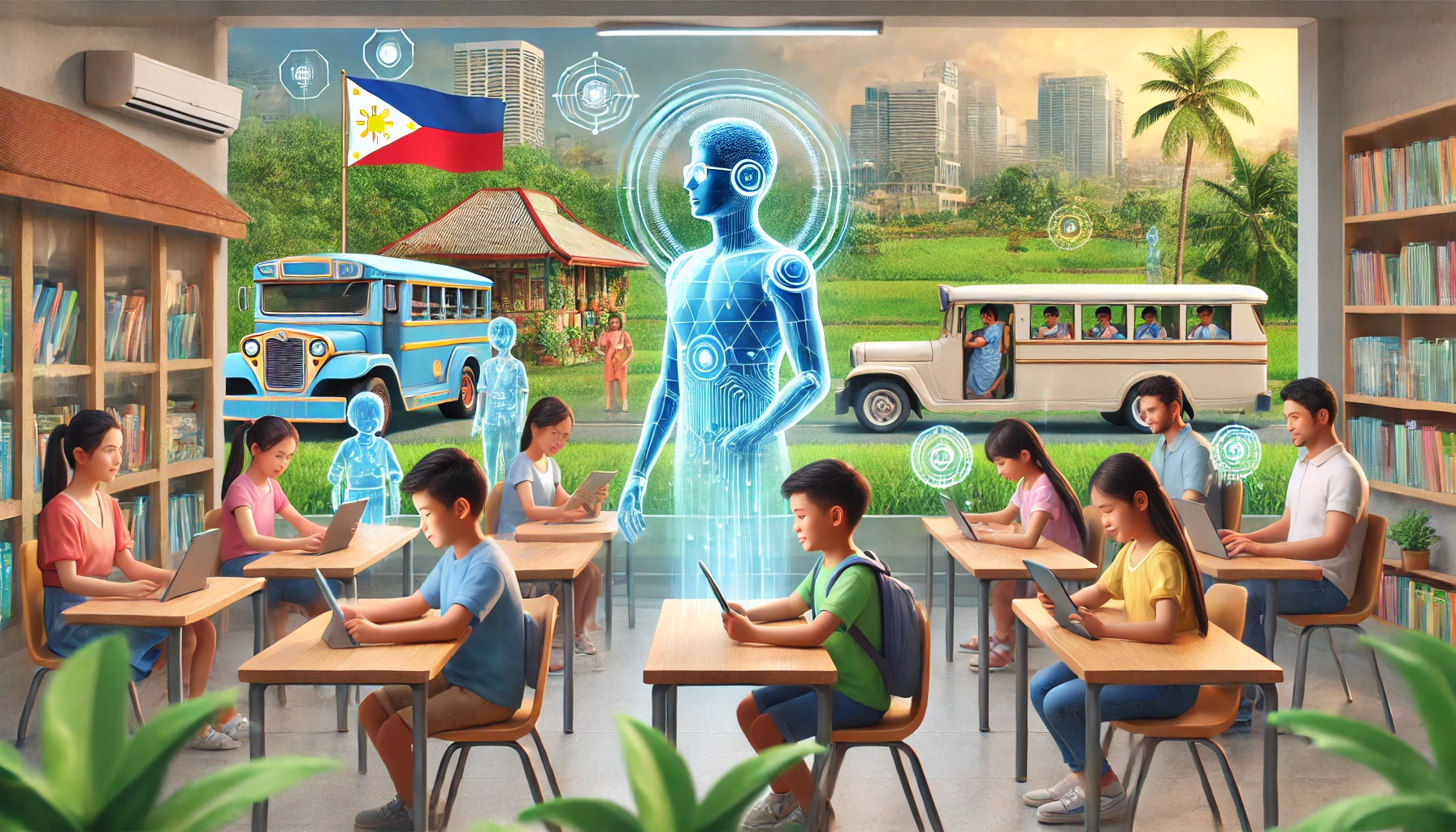The war against drugs in the Philippines has been a polarizing issue, with former President Rodrigo Duterte’s administration implementing a controversial and often criticized approach. Despite some successes, the campaign raised human rights concerns and left gaps in areas such as prevention, rehabilitation, and precision targeting of drug networks. Artificial Intelligence (AI) offers a transformative alternative to wage a smarter, more efficient, and humane war against drugs.
The Role of AI in Fighting Drugs
AI technologies can improve drug enforcement, rehabilitation efforts, and public awareness campaigns through the following methods:
1. Predictive Analytics for Crime Prevention
AI can analyze patterns in drug-related activities, using data from law enforcement reports, social media, and community feedback. Predictive models can identify potential drug hotspots and offenders, allowing authorities to act proactively.
- Example: In 2022, crime prediction tools helped cities like Vancouver reduce drug-related crime by 25%.
2. Enhanced Surveillance and Monitoring
AI-powered surveillance systems can detect unusual behavior in public spaces, ports, or transport hubs. Facial recognition combined with pattern analysis ensures only suspicious individuals are flagged, reducing unnecessary profiling.
- Figure: Automated surveillance can process 1,000 hours of video in less than 5 minutes, achieving 90% accuracy in detecting anomalies.
3. Disrupting Drug Networks with Big Data
AI excels in analyzing large datasets to uncover hidden connections within drug networks. Forensic AI tools can map the relationships between distributors, suppliers, and financiers, enabling precision strikes against the core of these networks.
4. Rehabilitation and Behavioral Analysis
AI can personalize rehabilitation programs by analyzing the psychological profiles of drug dependents. Chatbots powered by AI can provide round-the-clock support to recovering individuals, improving success rates.
- Statistical Insight: AI-based counseling platforms report a 70% increase in recovery rates compared to traditional methods.
5. Public Awareness Campaigns
AI-driven systems can tailor anti-drug campaigns by analyzing demographic and behavioral data. By delivering messages in local languages or dialects, AI ensures that educational efforts resonate with diverse communities.
A Comparison: AI vs. Duterte’s Approach
| Metric | Duterte’s Approach | AI-Driven Approach |
|---|---|---|
| Targeting Precision | Broad and indiscriminate | Data-driven and specific |
| Human Rights Concerns | High | Minimal |
| Impact on Crime Reduction | Temporary | Sustainable |
| Cost Efficiency | Expensive due to manpower | Cost-efficient after setup |
While Duterte’s approach relied heavily on force, AI offers nuanced strategies that prioritize systemic solutions over punitive actions.
Conclusion: A Smarter, Safer Future
Artificial Intelligence has the potential to address the Philippines’ drug problem more effectively and ethically than traditional methods. By leveraging AI’s capabilities in data analysis, surveillance, and rehabilitation, the country can implement a comprehensive and sustainable anti-drug strategy. Unlike Duterte’s approach, which left a trail of human rights violations, AI ensures a humane, cost-effective, and results-driven path forward.
With the right policies, the Philippines can lead Southeast Asia in demonstrating how technology can solve age-old problems.
“I, Evert-Jan Wagenaar, resident of the Philippines, have a warm heart for the country. The same applies to Artificial Intelligence (AI). I have extensive knowledge and the necessary skills to make the combination a great success. I offer myself as an external advisor to the government of the Philippines. Please contact me using the Contact form or email me directly at evert.wagenaar@gmail.com!”
[SEO optimized]


